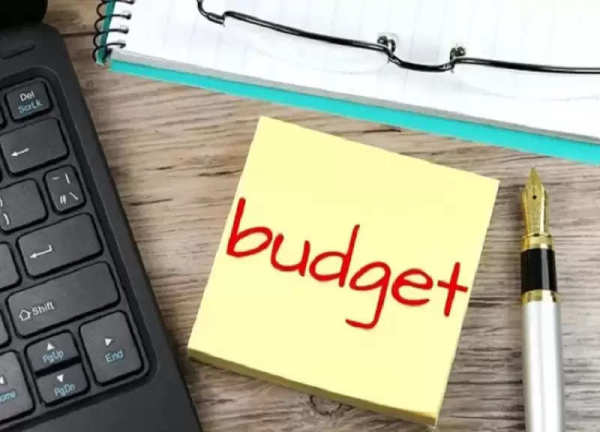
Finance Minister Nirmala Sitharaman will present the Union Budget for the financial year 2025-26 on Saturday, February 1. It is noteworthy that the stock markets will also trade on this day despite their usual weekend off, to facilitate feedback and trading on budget announcements.
The Finance Minister recently completed a series of pre-budget meetings with industry stakeholders, taking their feedback, concerns and suggestions to prepare the upcoming budget.
Union Budget 2025: Key Expectations
Meanwhile, EY India estimates that private capital expenditure growth, tax simplification and reduction in personal income tax may be prioritized in the upcoming budget. EY has recommended settling pending cases at the Income Tax Commissioner (Appeals) level and strengthening alternative dispute resolution mechanisms to improve the tax ecosystem. The firm also expects significant tax reforms aimed at simplifying the tax system, enhancing taxpayer services, reducing litigation and promoting tax compliance.
Where does the word 'budget' come from?
The word "budget" originates from the French word "bouget", meaning "little bag", which entered the English language in the 15th century.
According to media reports, the word "budget" came into widespread use when Sir Robert Walpole, former finance minister of England, presented his budget proposals in Parliament in 1733 by placing them in a small bag. When asked about the budget, he replied, "There is a budget for your needs." This is how the word made its place in history.
Surprisingly, the word "budget" is not explicitly mentioned in the Indian Constitution. Instead, Article 112 uses the phrase "annual financial statement" to describe the annual presentation of estimated expenditure and estimated revenue by the government.